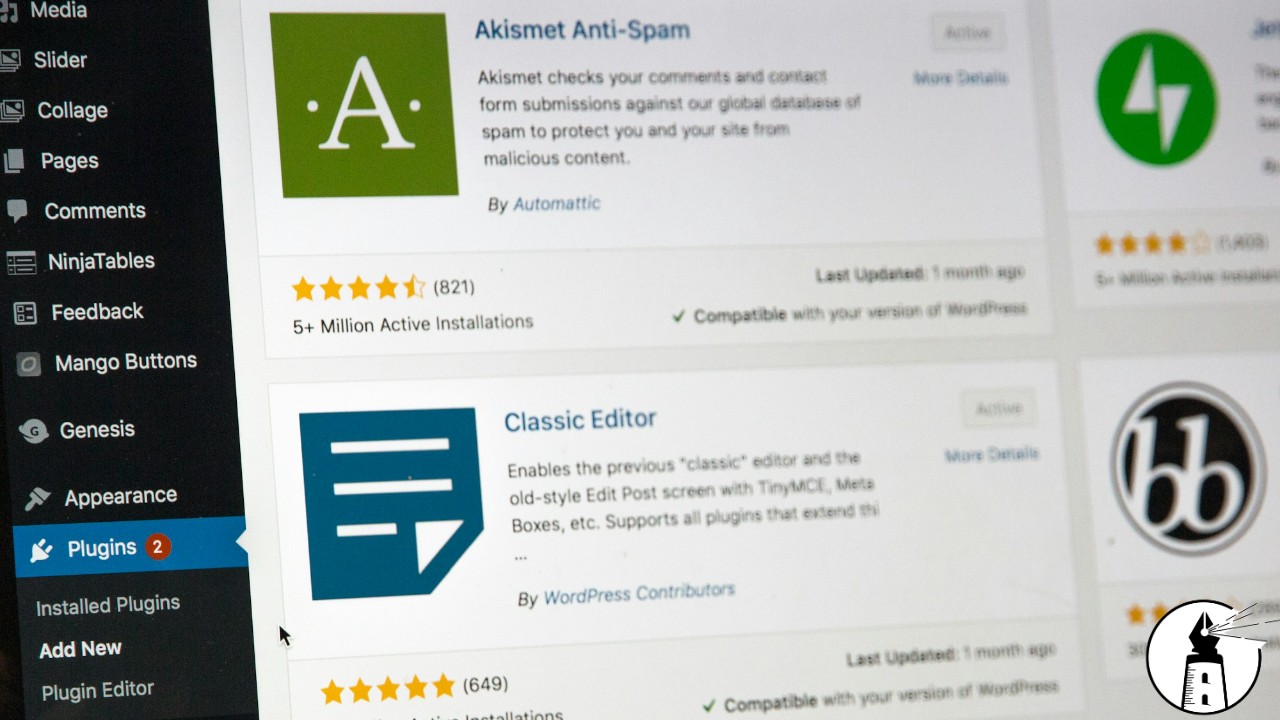Former Intel CEO Patrick Gelsinger’s latest career move has raised eyebrows far beyond the tech world. After stepping down from Intel and facing a shareholder lawsuit earlier this year, Gelsinger has taken charge at Gloo, a self-described “faith ecosystem” platform offering churches and ministries AI-powered chatbots, analytics tools, and pastoral automation software. The company markets itself as a kind of “Salesforce for churches,” designed to help faith leaders engage their congregations through data-driven technology.
But beneath its polished message of digital ministry and “human flourishing,” Gloo’s direction highlights a growing fusion between religious revivalism and Silicon Valley’s obsession with artificial intelligence. With Gelsinger now positioning AI as a divine instrument—even invoking the “Gutenberg moment” of the Protestant Reformation—his message represents not just an entrepreneurial pivot but an ideological one.
Gelsinger says his mission is to “hasten the coming of Christ’s return” through technology. Backed by $110 million in new funding and connections to conservative think tanks and political figures, Gloo has become a key node in what might be called the Christian nationalist wing of the tech industry. Events like the company’s “Jesus’s ”Hackathon”—attended by hundreds of developers and religious entrepreneurs—explicitly frame AI as a spiritual tool for evangelism.
The effort fits neatly within an emerging movement where religion and technology blend into a new form of soft power. Gelsinger’s speeches at conservative institutions like Liberty University and Colorado Christian University, alongside figures such as Michael Flynn and Heritage Foundation analysts, reveal how Gloo’s vision is being sold not just as a product but as a worldview. This worldview suggests that the next wave of AI should be explicitly shaped by Christian ethics—a message that resonates with Washington’s increasingly faith-tinged political climate.
It also plays directly into the AI industry’s ongoing speculative frenzy. Just as corporate giants race to train ever-larger models and promise ever-broader societal transformation, Gloo’s faith-based framing adds a theological gloss to the same bubble logic—the belief that every domain of life can and should be “optimized” by algorithms. By treating AI as an instrument of divine will, Gelsinger’s rhetoric risks sanctifying the very hubris that scripture warns against.
Ironically, the idea of building technology “to hasten the coming of Christ” runs counter to core Christian teachings. Scripture repeatedly cautions against presuming to control divine timing or wielding worldly tools to bring about spiritual ends. The notion of monetizing that mission through venture-backed AI platforms only deepens the contradiction.
Gelsinger’s project may find supporters among those who see technology as a vessel for faith, but it also reflects how deeply the AI industry has absorbed the language of belief—a form of techno-religiosity where faith and finance merge seamlessly. Whether this marks a sincere spiritual effort or simply another manifestation of Silicon Valley’s self-importance, it underscores a growing truth: the AI boom has become more than a technological race. It’s now a cultural crusade—and that should concern both believers and skeptics alike.
—Greg Collier
Further Reading:



